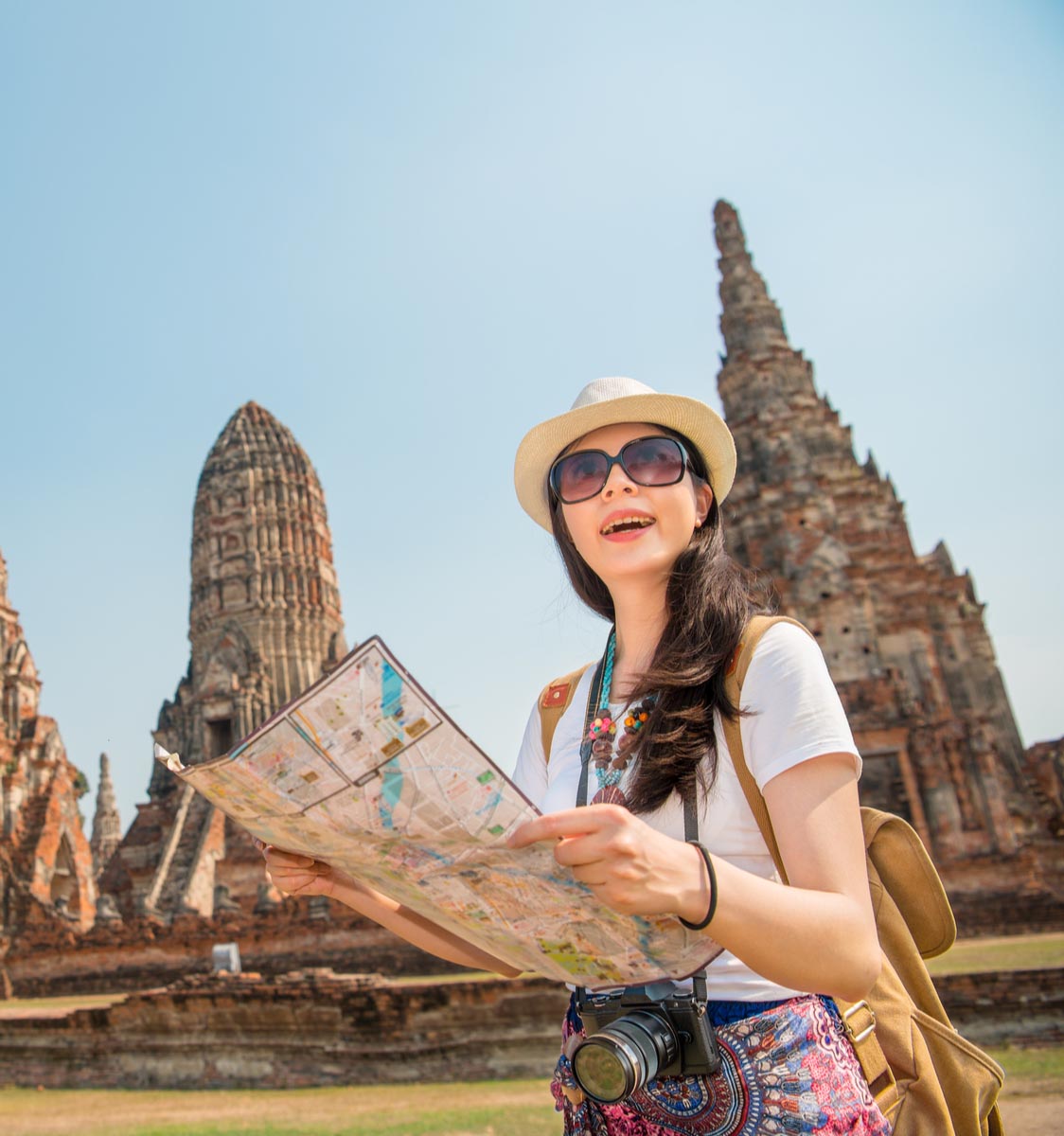Vietnam to Launch Vaccine Passports Starting April 15
A representative from the ministry's Department of Information Technology said localities would affirm individuals' immunization status beginning April 8, and antibody visas would be accessible beginning April 15."Individuals will not have immunization visas assuming either their inoculation information is off-base or they're not completely inoculated," the agent said, adding that individuals should re-actually take a look at their inoculation data themselves to report blunders.
Vietnam's antibody visa involves data like one's name, date of birth, the sickness which they're inoculated against, number of shots, and date of immunization. Information will be encoded into a QR code.
The antibody visa will be utilized related to other individual recognizable proof reports like ID cards. Information that distinguishes individuals won't be encoded into QR codes for the sake of security.
The immunization visa's QR code will terminate following a year. Following their expiry, individuals will be advised and another QR code will be made all things considered.
The identification will be accessible on individuals' PC Covid-19 or Digital Health APP (So Suc Khoe Dien Tu). In the event that individuals don't have the applications, they can get their identifications by getting to a wellbeing service site, to be accessible this week, and filling in important data.
Immunization visas have previously been carried out as a preliminary from late March for the individuals who have been inoculated against Covid-19 in Hanoi's three significant emergency clinics: E, K, and Bach Mai. In Ho Chi Minh City, antibody travel papers have previously been tested for those inoculated at Gia A 115 General Hospital.
Vietnam had directed more than 200 million Covid-19 antibody shots as of April 1, with practically all grown-ups having accepted their first portion, close to 100% their second, and 50 percent their third.
A complete 99 percent of youngsters matured 12-17 have accepted their first immunization shots, and 94 percent their second.






